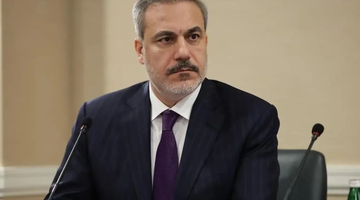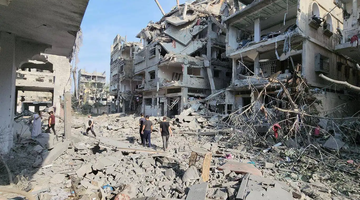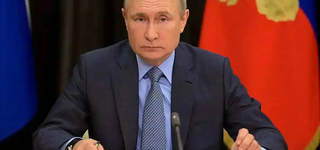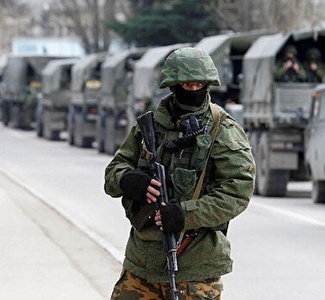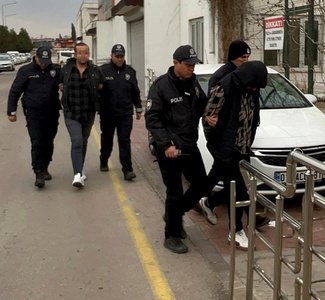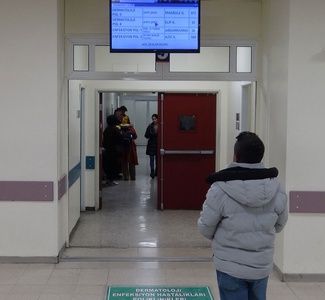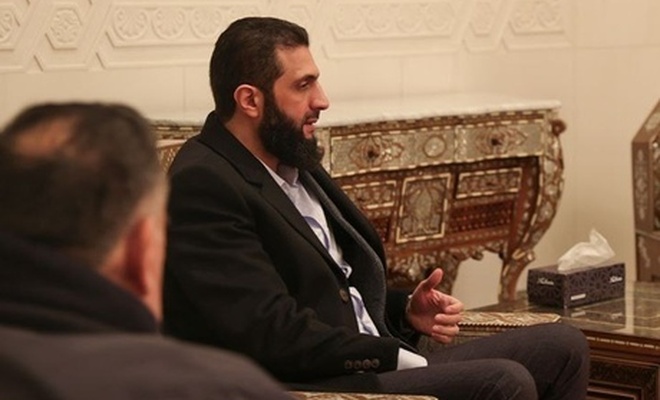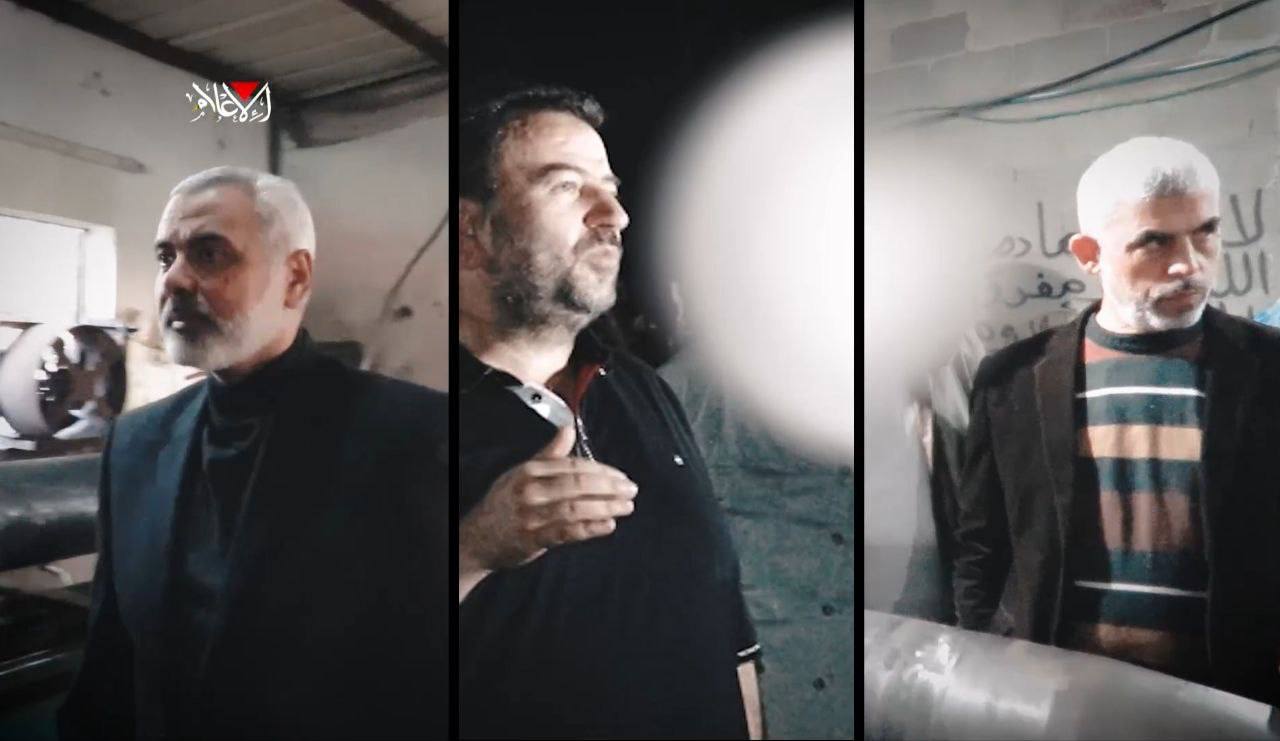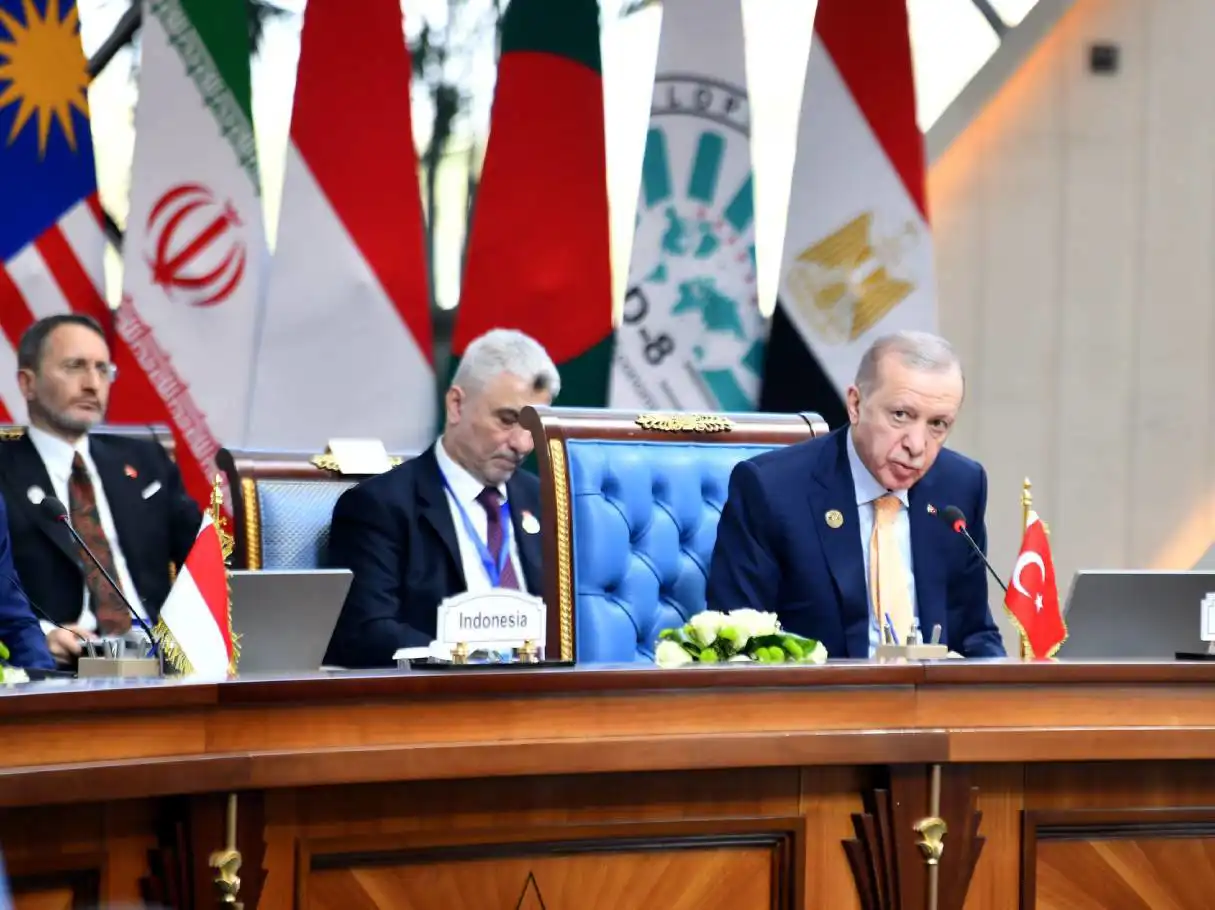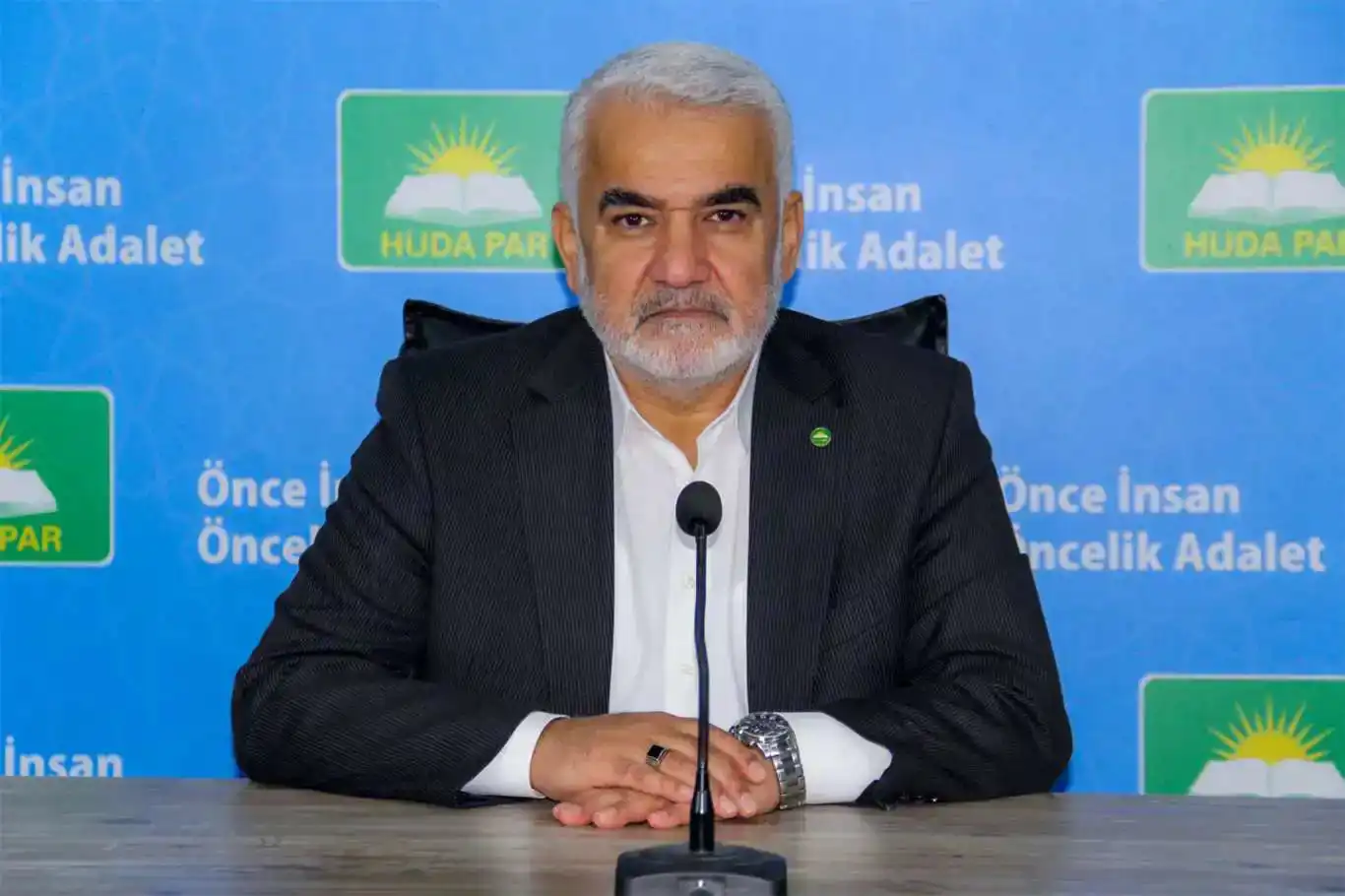Global health leaders unite to address climate crisis at strategic roundtable
Health leaders and experts from around the world convened for a Strategic Roundtable to address the critical intersection of climate change and health.
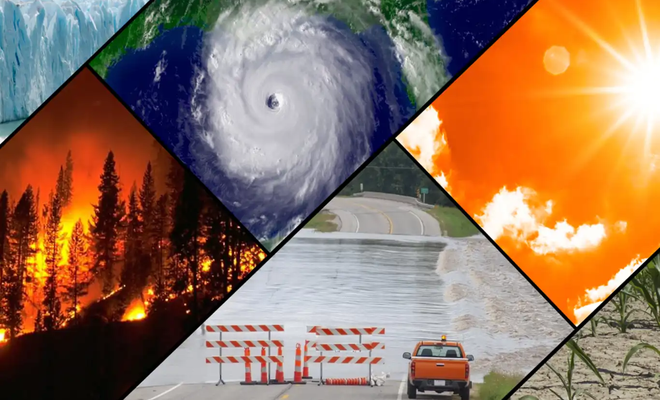
 Google News'te Doğruhaber'e abone olun.
Google News'te Doğruhaber'e abone olun. This high-level meeting, held in anticipation of COP29 and against the backdrop of the World Health Assembly, aimed to bolster momentum and shape global health strategies to combat the impacts of climate change.
Keynote speakers emphasized the urgency of collaborative action to mitigate the health impacts of climate change. Richard Horton, Editor in Chief of The Lancet, opened the meeting with a call to action: "There can be no more excuses. We must keep fossil fuels in the ground, invest in renewable energy sources, and protect nature and biodiversity. The climate crisis is a threat multiplier. It is time to hold those with power accountable for their promises and commitments.”
Dr. Tedros Adhanom Ghebreyesus, WHO Director-General, highlighted the escalating scale, frequency, and intensity of climate-related humanitarian emergencies. He stressed, "The health gains from climate mitigation and adaptation outweigh the costs and are a compelling argument for stronger climate action. Climate action could save millions of lives each year and generate a return of over 4 US dollars for every dollar spent." He also announced the Second WHO Global Conference on Air Pollution and Health, scheduled for March 25-27, 2025, in Cartagena, Colombia.
Former U.S. Vice President Al Gore, in his video remarks, urged participants to “act with urgency” and called on health workers to demand swift action to transition away from fossil fuels.
Dr. Teymur Musayev, Minister of Healthcare of Azerbaijan and COP29 President, announced key upcoming health initiatives at COP29, urging the global community to act decisively to avoid the worst impacts of climate change. Similarly, Hon. Dr. Atonio Lalabalavu, Minister of Health and Medical Services of Fiji, addressed climate change and health justice in small island developing states (SIDS), supporting WHO’s mobilization of finance.
Adnan Z. Amin, CEO of COP 28, and H.E. Dr. Filomena Gonçalves, Minister of Health of Cabo Verde, both emphasized the need for climate justice and equitable health solutions. Professor Celeste Saulo, Secretary-General of the World Meteorological Organization (WMO), highlighted the severe health impacts of heat, calling it a "silent killer" that claims half a million lives annually. She stressed, "The cost of climate action now is much cheaper than the cost of inaction."
Participants engaged in discussions aimed at outlining actionable initiatives and enhancing global coordination efforts. The roundtable facilitated coordination and amplified calls for adequate funding to overcome fragmented funding mechanisms and address complex climate and health challenges more effectively.
Representatives from various entities, including those championing resolutions at the World Health Assembly (WHA) from the Netherlands and Peru, as well as voices from the Global Fund, youth advocates, and prominent NGOs, joined counterparts from the UK, Germany, Brazil, and the International Federation of Medical Students' Associations (IFMSA).
The roundtable was particularly significant as the response to climate change is one of the six key strategic objectives of WHO’s Fourteenth General Programme of Work for 2025–2028. It spanned the overarching theme of the Seventy-seventh World Health Assembly: "All for health, health for all," and the WHO Investment Round, reflecting on the organization’s achievements and the current and future challenges facing global health.
As the global health community prepares for future COPs, including COP29 in Azerbaijan and COP30 in Brazil, the strategies discussed at this roundtable are expected to advance the global health agenda in the face of climate change challenges. (ILKHA)




























